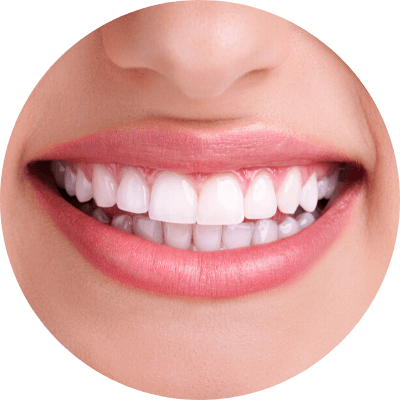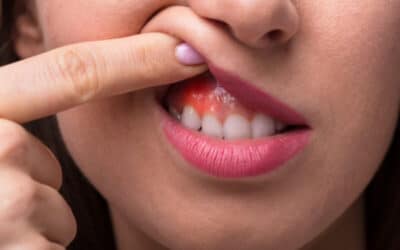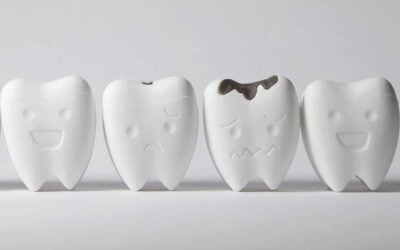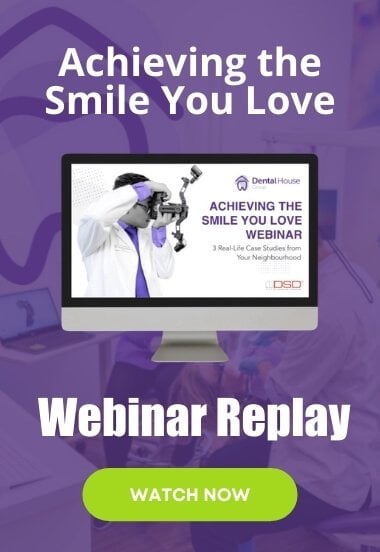Caring for Teeth and Gums
Caring for Teeth and Gums
Good teeth and gum care is an important part of maintaining overall health. Poor oral health is significantly associated with major chronic diseases, can cause disability, and contribute to low self-esteem. Proper teeth and gum care does not require excessive time or expensive oral hygiene instruments. Avoiding simple sugars, and implementing daily gentle tooth brushing and flossing is the basic foundation. Additionally, not smoking, drinking plenty of water, and getting regular dental cleanings and checkups are needed to keep gums healthy and teeth cavity free.
Fast facts on tooth and gum care:
- A tooth is primarily composed of minerals.
- Plaque is a sticky, colourless film of bacteria that sticks to teeth.
- When bacteria consume sugar, they produce acids, which eat away at the tooth’s enamel.
- Tobacco use is one of the most significant risk factors associated with the development of gum disease.
How to brush
Brushing teeth with fluoridated toothpaste is the best method of reducing plaque. The American Dental Hygienists’ Association (ADHA) recommends brushing for 2 minutes, twice daily. Proper brushing technique cleans teeth and gums effectively. Keep the following tips in mind:
- Use a soft bristled toothbrush – to prevent damage to the enamel, only use a soft-bristle toothbrush.
- Brush at a 45-degree angle – the angle of the brush is important, the toothbrush should be placed against the teeth at a 45-degree angle to the gum line.
- Motion correctly – using short gentle back, forth, and small circular motions, all tooth surfaces will be gently brushed, avoid a sawing or scrubbing motion.
- Brush the tongue – use your toothbrush to do a light brushing of the tongue.
- Keep the mouth clean after brushing – avoid eating for 30 minutes after brushing.
A toothbrush should be replaced at least every 3 months, as well as after any illness.
Flossing
Daily flossing is necessary for removing plaque and food particles that your toothbrush cannot reach. The area just beneath the gum line and the tight spaces between teeth are vulnerable areas where plaque can build up and turn to tartar. If you do not floss regularly, the build-up of plaque and tartar can lead to cavities, as well as gum disease.
Foods to eat and avoid
There is overwhelming evidence that sugars are the biggest dietary contributor to dental disease. Specifically, it is the amount and frequency of free sugars consumed that determines the severity of decay.
Foods and drinks to avoid
Sugar and candy intake should be limited; this is because the bacteria in the mouth need sugar to produce the acids that weaken enamel and damage teeth. Each time teeth are exposed to sugar, the demineralisation process begins, and it can take up to an hour for the mouth to return to normal, non-acidic pH conditions.
Specifically try to avoid:
- sodas
- candy
- sweets and sugary snacks
- chocolate
- cookies
- fast food, which is known to contain sugars
Other fermentable carbohydrates are also involved:
- bread
- crackers
- bananas
- breakfast cereals
Studies show that consumption of starchy staple foods and fresh fruit are associated with lower levels of dental caries, so the risk is not as high as sugar. Consuming a variety of foods rich in nutrients and avoiding those that contain sugars and starches is important for keeping teeth and gums healthy.
Food and drink to consume with caution
- Cavities – these are permanently damaged areas in the hard surface of the teeth that develop into tiny openings or holes. Cavities are also called tooth decay or caries.
- Tooth decay – this requires exposure to sugar, but also depends on the susceptibility of the tooth, the bacterial profile of the mouth, the quantity and quality of the saliva, and the amount of time the tooth is exposed to sugars.
Cavities and tooth decay are among the world’s most common health problems. They are especially common in children, teenagers, and older adults. But anyone who has teeth can get cavities, including infants. The best way to care for teeth and gums is to follow good eating habits, brush, and floss daily, and have regular dental cleanings and exams.
Dental Visits
Brushing and flossing help get rid of most plaque, but some plaque is more difficult to remove and will harden and form tartar. Only cleaning by a dental professional can remove tartar. Unremoved plaque and tartar will not only cause decay, but also work its way under the gums and lead to serious gum disease. Eventually, the disease process could become so advanced the only treatment is the extraction of the tooth. Proper care of the teeth and gums requires minimal time commitment. A healthy diet, a consistent oral home hygiene program, and regular professional cleanings and checkups will keep teeth and gums in excellent shape, and leave you with a beautiful, healthy smile.
Planning to visit a dentist soon? Dental House is here for you, click here.
To read the original article, click here.
Author: Kathleen Davis
Note: All content and media on the Sunbury Dental House website and social media channels are created and published online for informational purposes only. It is not intended to be a substitute for professional medical advice and should not be relied on as health or personal advice.
Services we mentioned:
More Dental Articles
Some Sweet News For Diabetes Sufferers With Gum Disease
Diabetes type 2 is a scourge for sufferers and those with it know that well. Here is some sweet news for diabetes sufferers with gum disease. A new study performed at the University of Buffalo School of Dental Medicine made some helpful findings in this regard. The...
Can Gum Recession Be Fixed With Dental Bonding?
Gum Recession Fixes: Can gum recession be fixed with dental bonding? In some cases it can help and it is well worth a discussion with…
Let The New Year Bring New Commitment To Your Oral Care
If you can be inspired to make one new year’s resolution this year let it be for your dental health. Let the New Year bring new commitment to your oral care in 2024 and beyond. This is no mere dentist’s selfish wish but a call for an understanding about just how...
What’s New In Tooth Decay? Another Bacteria, That’s What
Four is quite a significant number to us humans. We like it. We live by it. The Chaldeans of Babylon loved it for their system of terrestrial and meteorological phenomena that told an astrological future encompassing earth, water, air and fire. Aristotle ascribed...
















